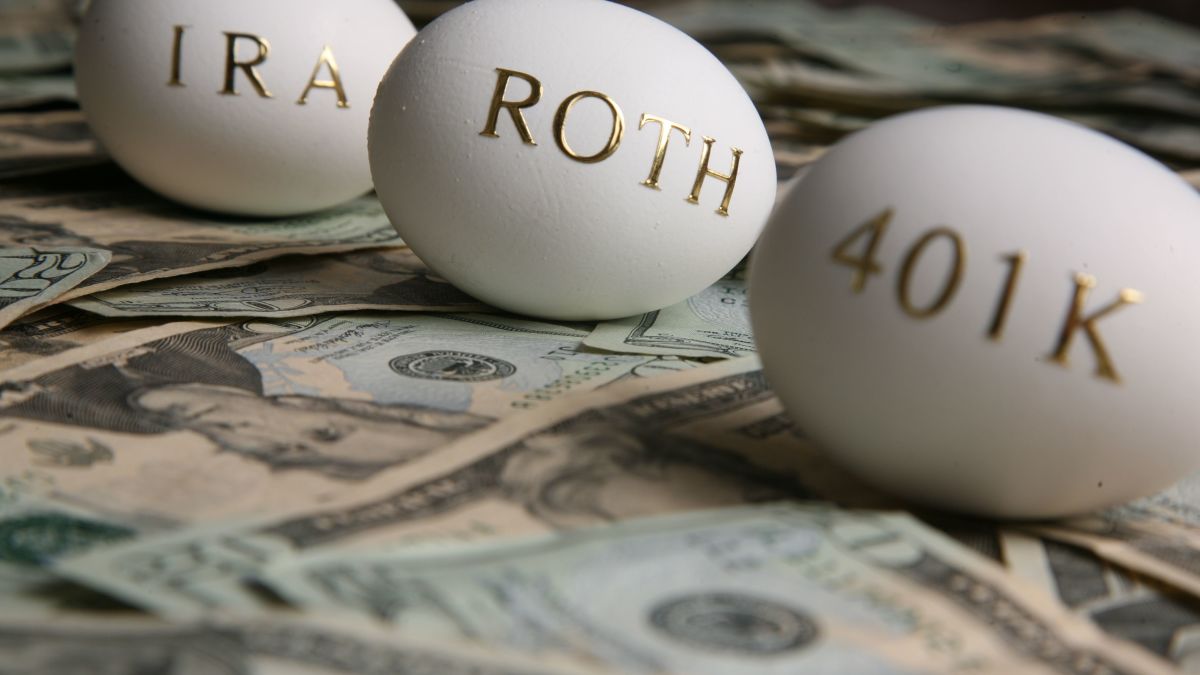Using 401k for Mortgage

401k Exception for First-Time Home Buyer
Contributing to a 401k plan is sound personal finance advice. For many Americans, their 401k plan represents a large chunk of net worth. Over several years, salary deferrals and long-term investing performance can add up to an account with a sizable balance. When that happens, it can be tempting to dip into your 401k for help buying a house. However, there are restrictions on withdrawing from your retirement plan. A 401k exception for first time home buyers sounds like just the ticket.
Unfortunately, there is not such thing. Too many people get confused because there IS an exception for first-time home buyers who want to withdraw from an IRA account, but not for a 401k account. However, there are two possible options that might work for some people to tap into the money in their 401k to buy a home.
First, if you are no longer employed by the company that sponsors your 401k plan, you can roll your 401k into an IRA account tax-free. All it takes is opening an IRA account and submitting the proper paperwork to your 401k plan. Check with your Human Resources department for help getting the right forms, or check your statement for a 1-800 service number. Either way, once your funds have been transferred to an IRA account, you can then take advantage of the special exception for first-time home buyers and make a withdrawal.
If you are still employed by the company that runs your 401k plan, you might still be able to use the money in your account. Many plans offer a loan provision that allows participants to borrow money out of their 401k balance. You can typically only borrow a certain percentage of your account, but it may still be a sizable amount. Interest rates are reasonable because you aren't borrowing a bank's money, you are borrowing your own money. The best part is that when you make the payments you are paying yourself back. Even the interest goes right back into your 401k account.
You do have to make the payments, even though it is your own money. If you don't the IRS considers the amount not repaid as a distribution. That means the amount is fully taxable, and if you are under age 59 1/2, it may be subject to an additional penalty as well.
Check with your plan administrator to see if your specific 401k allows for loans. Although it is a common plan feature these days, there are still plans that do not allow loans at all.






